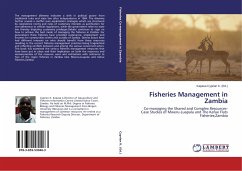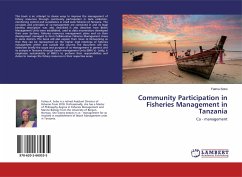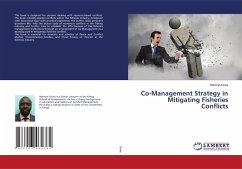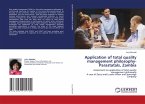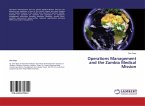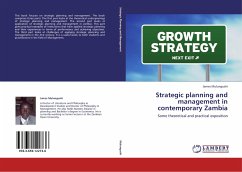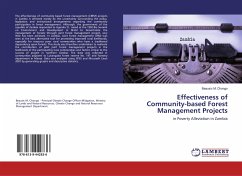The management dilemma indicates a shift in political power from traditional rules and state law after independence in 1964. The dilemma further reveals a conflict over exploitation strategies which are structured by coexistence norms and rules of customary interests as justification for non-adherence to official regulations, while the government refers to state law thereby disputing customary privileges.Debate continues to rage on how to achieve the best mode of managing the fisheries in Zambia. For generations these fisheries have provided sustenance, employment and incomes for communities within and outside of Zambia. Diverse actors have had different interests on who should benefit from these resources resulting in the current fisheries management practices being fragmented and reflecting conflicts between and among the various concerned actors. This book has examined the various fisheries management measures that have been put in place and their implication on both the resources and socioeconomics of the resource users and institutions with reference to two of the major fisheries in Zambia lake Mweru-Luapula and Kafue Fisheries Zambia
Bitte wählen Sie Ihr Anliegen aus.
Rechnungen
Retourenschein anfordern
Bestellstatus
Storno

